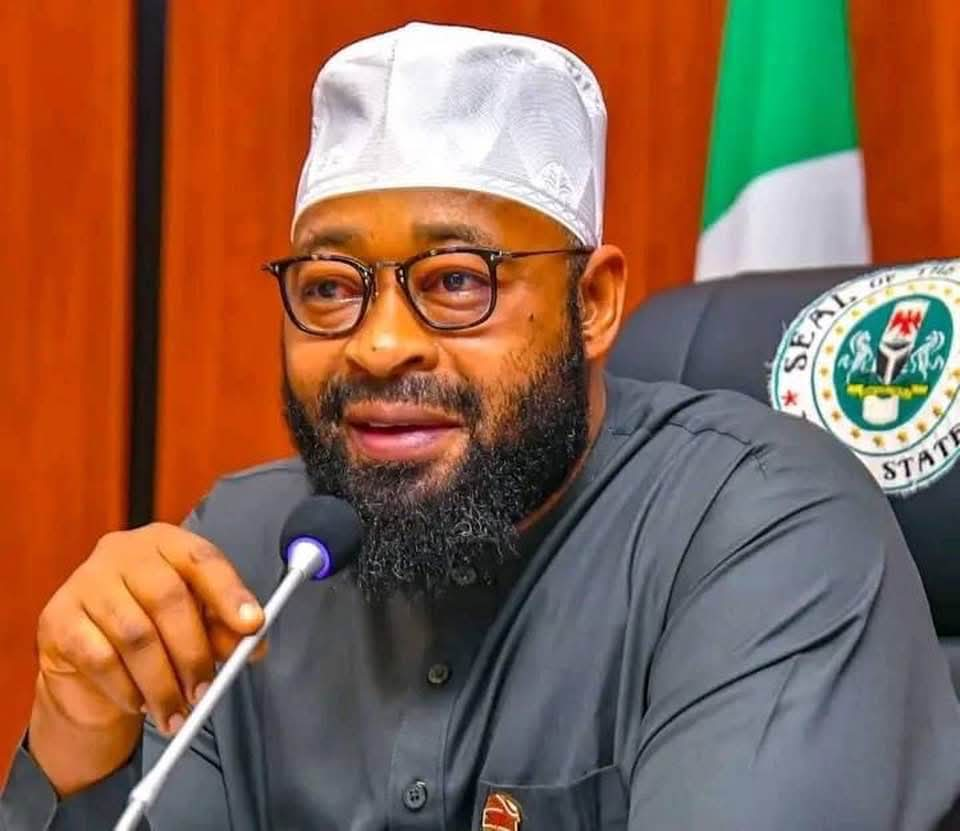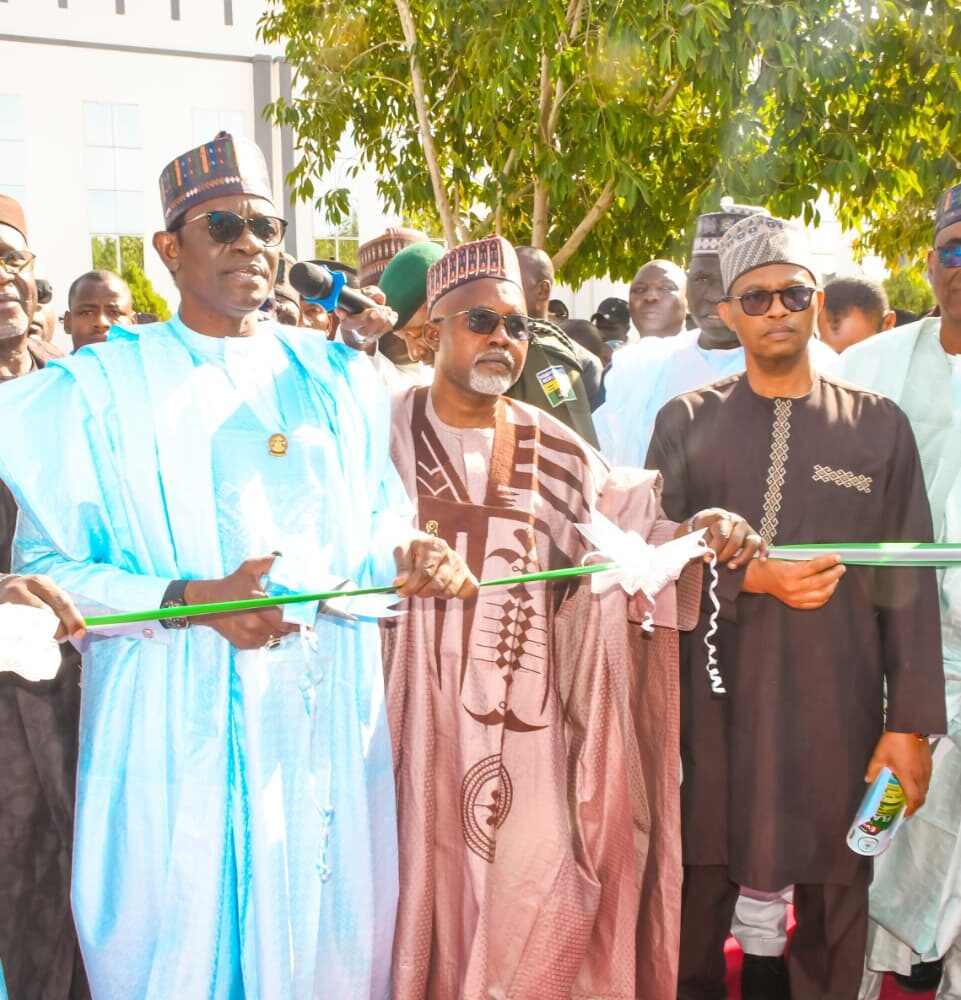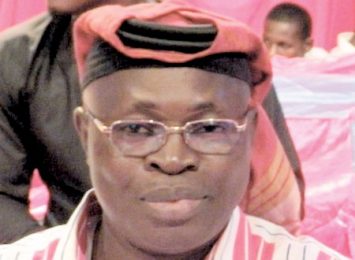Danbatta stated this when he received a delegation of the Top Management Committee (TMC) of the Aminu Kano Teaching Hospital, Kano (AKTH), who paid him a courtesy visit at the Kano Zonal Office of the Commission at the weekend.
During the visit, the AKTH team also presented an award to the EVC “as an expression of the hospital’s appreciation for the enormous contributions of the EVC and the Commission to the development of health institutions over the years in the country.”
Speaking during the visit, the Chief Medical Director (CMD) of AKTH, Prof. Abdulrahman Sheshe, who led the delegation on the courtesy call, said, “the objective of our being here today is to appreciate your contribution in person and as EVC of NCC to the growth and development of the teaching hospital.”
According to Sheshe, through the support and donations from Kano people like the EVC and institutions like NCC, the hospital has increased its bed capacity from 250 to 700, as well as performing 57 successful transplant surgeries.
“You have also made enormous contributions in this regard and that has helped us to get new dialysis machines through your assistance and these machines are being put to use, aside from other state-of-the-art equipment already in place,” he said while appreciating the EVC.
The CMD, however, sought NCC’s support in the area of a Health Information Management System (HIMS) and digital capacity for staff.
Responding, however, Danbatta thanked the hospital management for the visit and the award, noted that the Commission supports federal institutions with necessary ICT equipment across the country and was ready to assist AKTH in this regard.
“As a Commission, we are working to bridge the infrastructure divide, which is an element of the entire digital ecosystem. We do this via a lot of ongoing regulatory initiatives. And, through our training arm, Digital Bridge Institute (DBI), we provide digital literacy to critical sectors of the economy, including the health sector, we also intervene through our Advanced Digital Appreciation Programme,” he said.
According to Danbatta, digital divide can be bridged by making computers available and ICT services accessible to people and key sectors of the economy.





